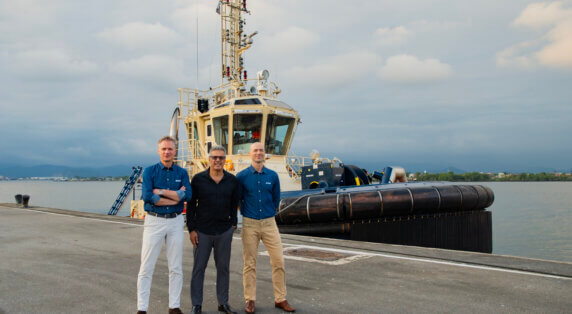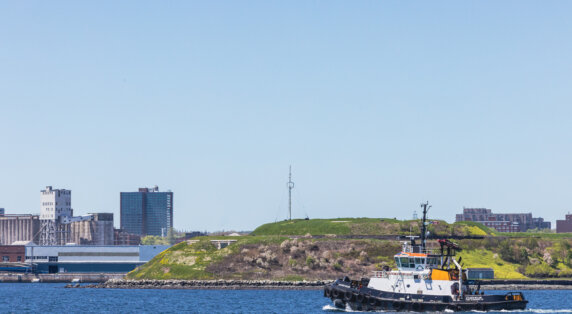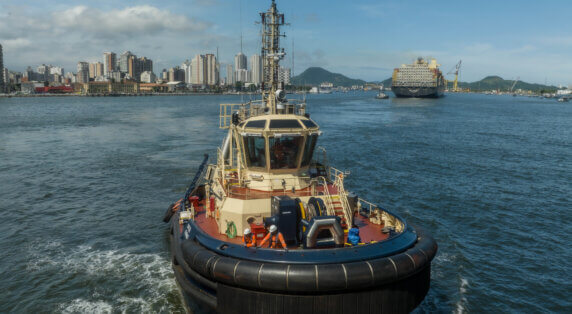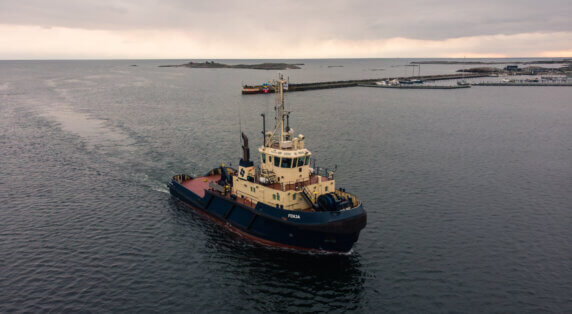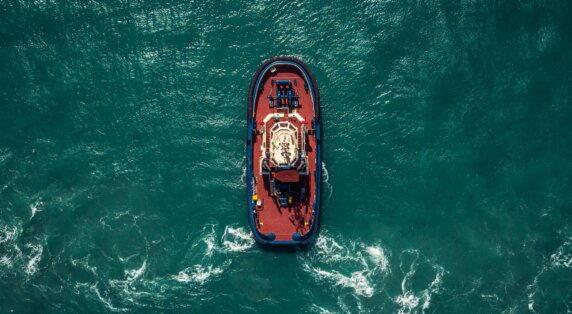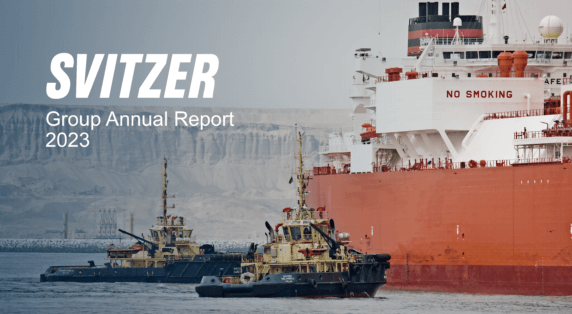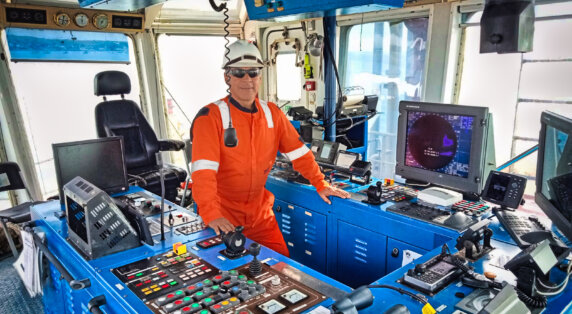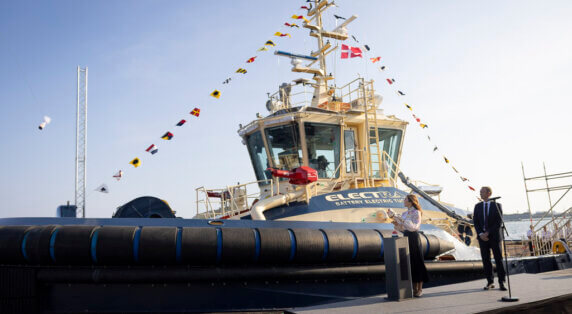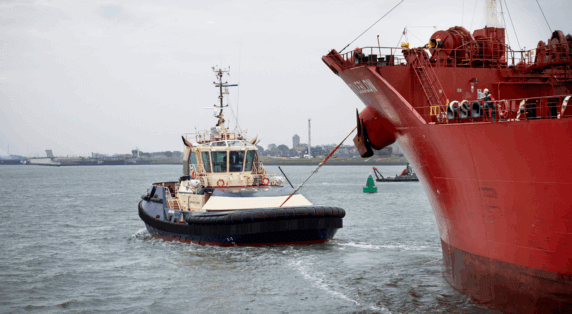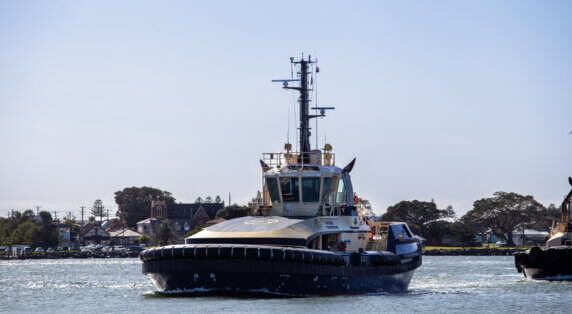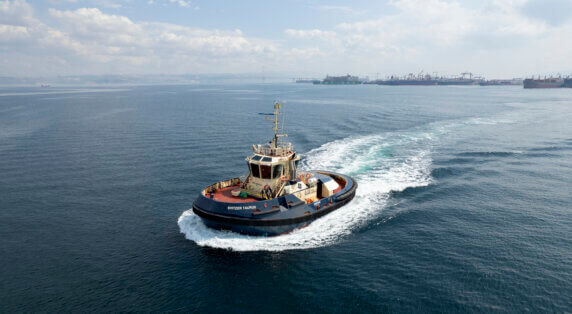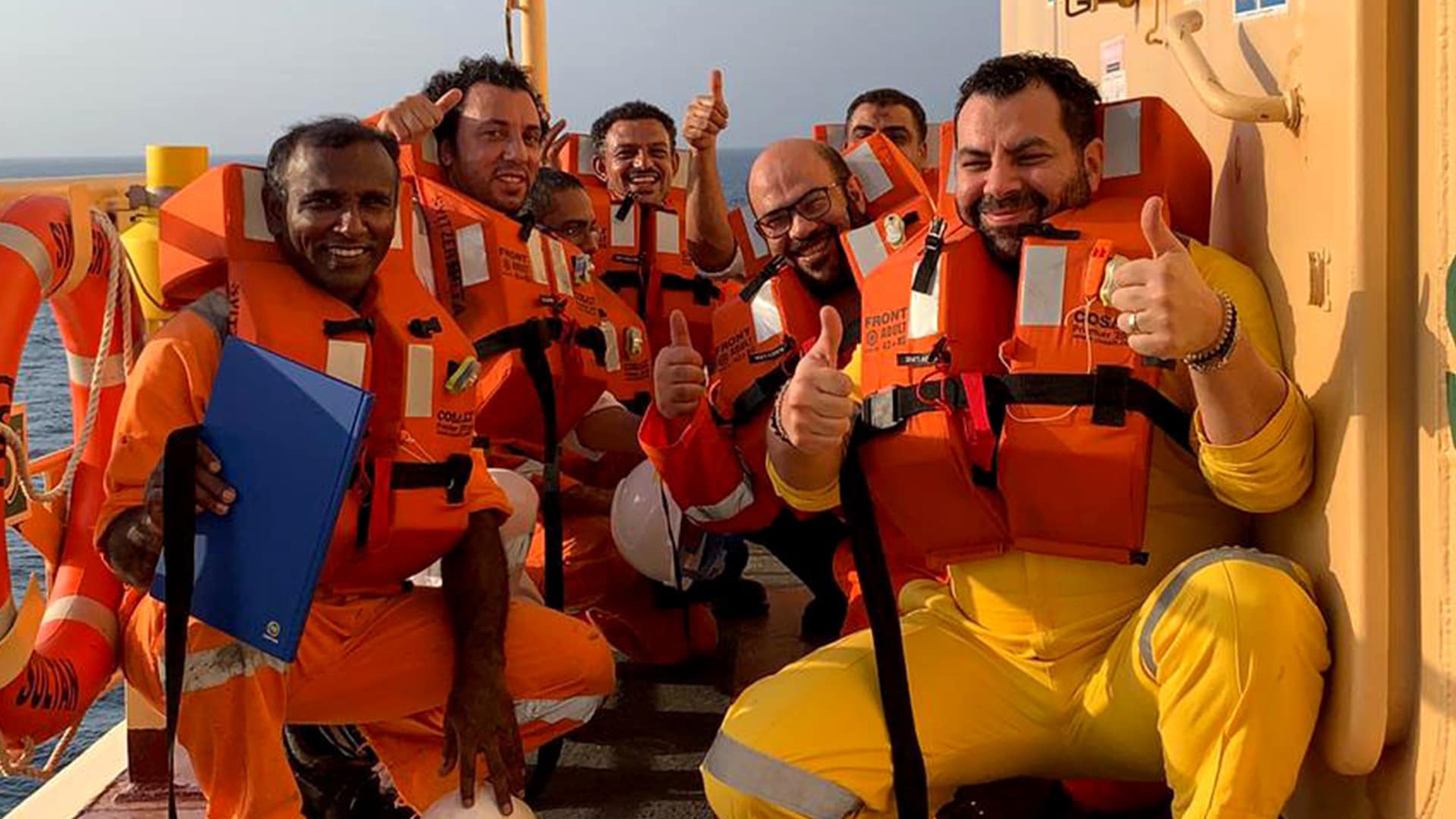
2020 Day of the Seafarer – celebrating our industry’s key workers
Today on the International Maritime Organisation’s (IMO) Day of the Seafarer, we pay tribute to all those working on-board vessels, maintaining the flow of vital goods, such as food and medical supplies during this unprecedented period and beyond.
25.06.2020 – More than 1.5 million people around the globe are employed in the shipping industry. Each day, they go above and beyond to ensure global supply chain continuity. In other words, seafarers are indisputably key workers. Today on the International Maritime Organisation’s (IMO) Day of the Seafarer, we pay tribute to all those working on-board vessels, maintaining the flow of vital goods, such as food and medical supplies during the COVID-19 pandemic and beyond.
Shipping is the life blood of the global economy, responsible for transporting around 90% of world trade and during the pandemic, seafarers have been on the frontline. Although it can be difficult to quantify the value of the volume of global seaborne trade in monetary terms, the United Nations Conference on Trade and Development (UNCTAD) estimates that the operation of merchant ships contributes about US$380 billion in freight rates within the global economy, equivalent to about 5% of total world trade.
Every 4 minutes, a Svitzer crew is performing an operation for a customer in one of the more than 120 ports around the globe where we operate. As such, Svitzer seafarers are an essential piece of the global supply chain puzzle, helping ports increase berth productivity and ship owners reduce fuel consumption in a safe, reliable and cost-effective way.
However, the pandemic has led to difficult working conditions for seafarers, including uncertainties and difficulties surrounding port access and re-supply. In addition, over the past months, many seafarers across the globe have seen their shore leave restricted and crew rotations changed or postponed in an attempt to limit the spread of the disease.
“The other day, I had the pleasure of virtually visiting Svitzer Beta in Oman and talking to Captain Shady El Damaty and his crew. Captain Shady has been onboard Svitzer Beta since 8 January and his sign off is way overdue. I was really impressed to hear how he and his team have managed to keep up morale and motivation while performing their daily duties. To me, stories like these are proof that seafarers are not only key workers, they also take this critical role very seriously. I am grateful for the hard work they do to keep servicing our customers, even under very difficult circumstances,” says Kasper Nilaus, Svitzer CEO
Around the world, Svitzer seafarers are affected by the situation. In the Dominican Republic, crews are working for two weeks at a time instead of one week on, one week off. In the Caribbean (St. Kits, St. Lucia, St. Croix, and Haiti), crew changes initially scheduled for March have yet to occur while in Papua New Guinea, travel restrictions have led to some of our crews being on shift for coming up to 125 days. In Australia, with border closures impacting travel between states, crews are staying in location to avoid the quarantine periods between shifts, ensure availability, and limit further impact to operations.
“Despite border restrictions making it challenging to travel between home states and work locations, our crews and shore teams have worked consistently and collaboratively to solve any issues that have arisen. The dedication and commitment of these crews who have not returned home to families between shifts has ensured that Svitzer continues to provide a safe and efficient service for both for our terminal and harbour towage customers in Australia and Papua New Guinea.” – Jodie Ransom, General Manager
As key workers, our crew members are committed to creating a safe environment for each other as well as for their families during this unprecedented period. James Fields, Eastern Caribbean Contract Manager, summed the situation up by stating:
“Life onboard has not stopped during lockdown. Our crews have shown great commitment to keeping ports and terminals open so that vital shipping can still be maintained in ports. They have continued to provide a high-quality service, working as normal despite the stress of being away from family and friends. Thanks to their exceptional compliance with COVID regulations, we have fortunately not registered any cases on-board the tugs.”
To support our people through this incredibly testing period, multiple crew-wellbeing initiatives have been developed and introduced. In both the AMEA and Americas regions, where our crews have been most impacted by the pandemic, virtual vessel visits between regional leaders and offshore colleagues have been conducted. In AMEA, initiatives also include a project to improve on-board internet connectivity, an initiative to promote on-board exercise, and help crews maintain their physical and mental health, special meals, and additional training to equip tug leaders with the tools they need to support their teams during this difficult time.
A final thank you on this year’s World Seafarer Day comes from our CEO Kasper Nilaus:
“I want to take this opportunity to thank every one of you for the extraordinary effort you have put in to ensure we have continued to deliver the service, assisting ships going in and out of the ports and terminals we’re operating in, despite lockdowns in many places. It is truly inspiring.”
Check out this video to hear from some of our wonderful crew members across the globe, who share what they enjoy most about their job as well as the biggest challenges they have faced during the pandemic:
#SeafarersAreKeyWorkers


